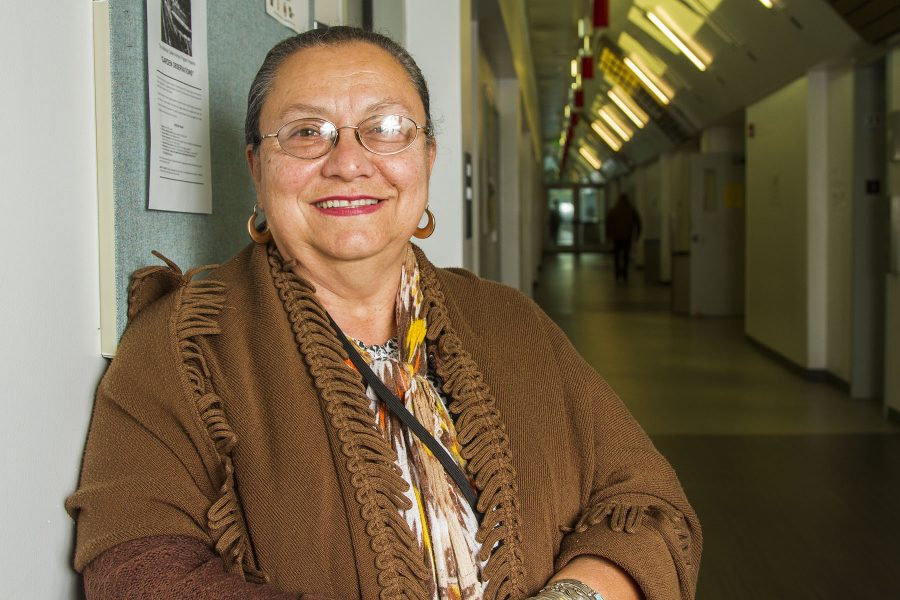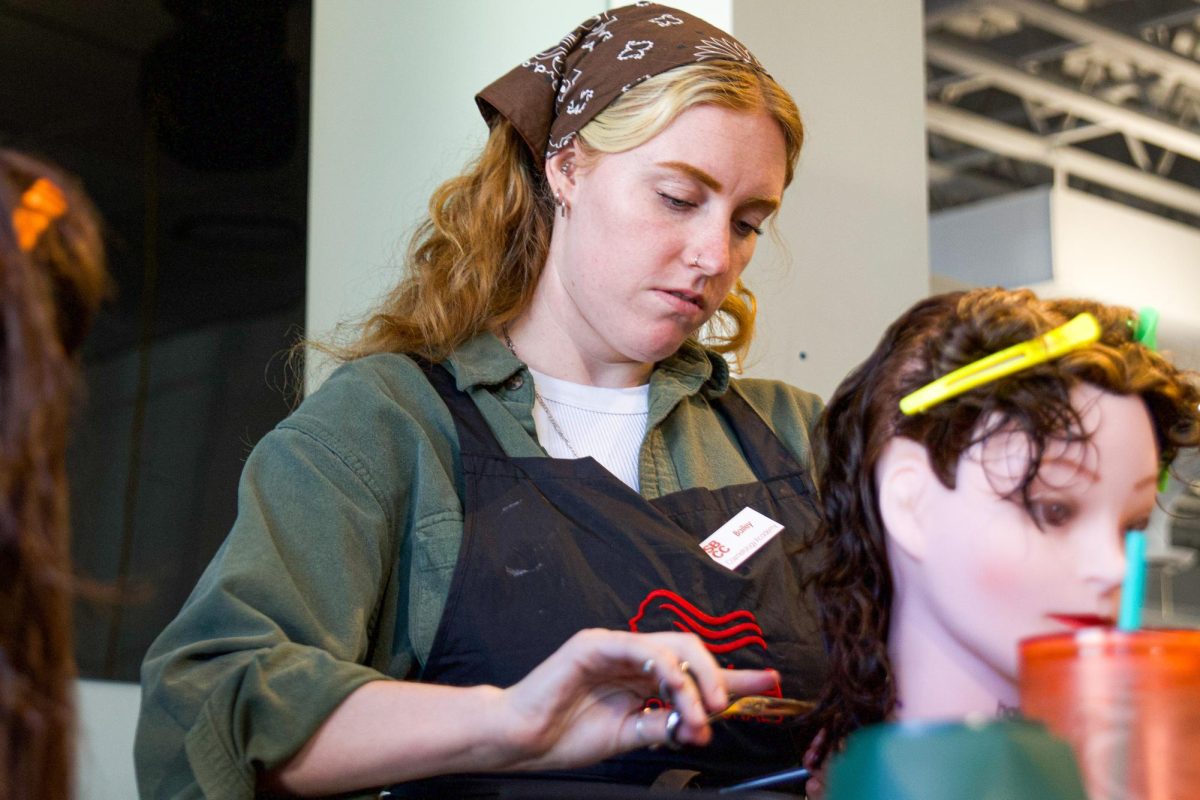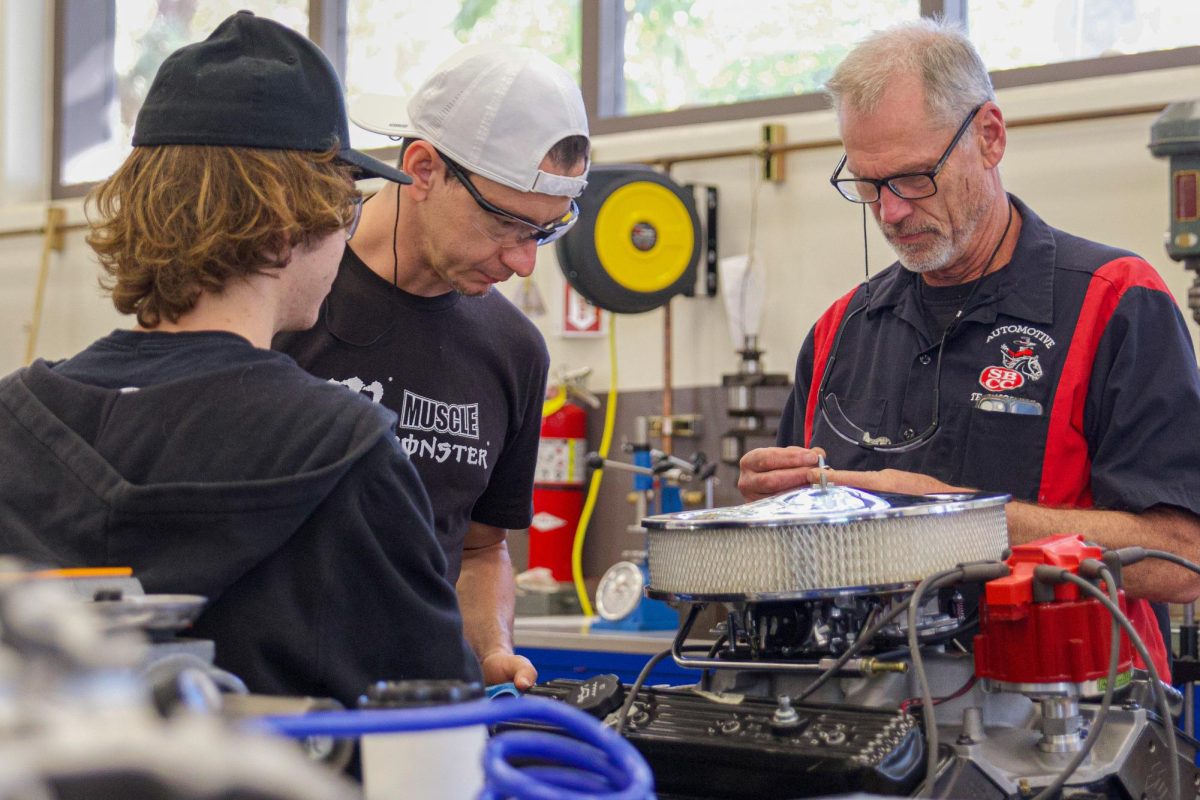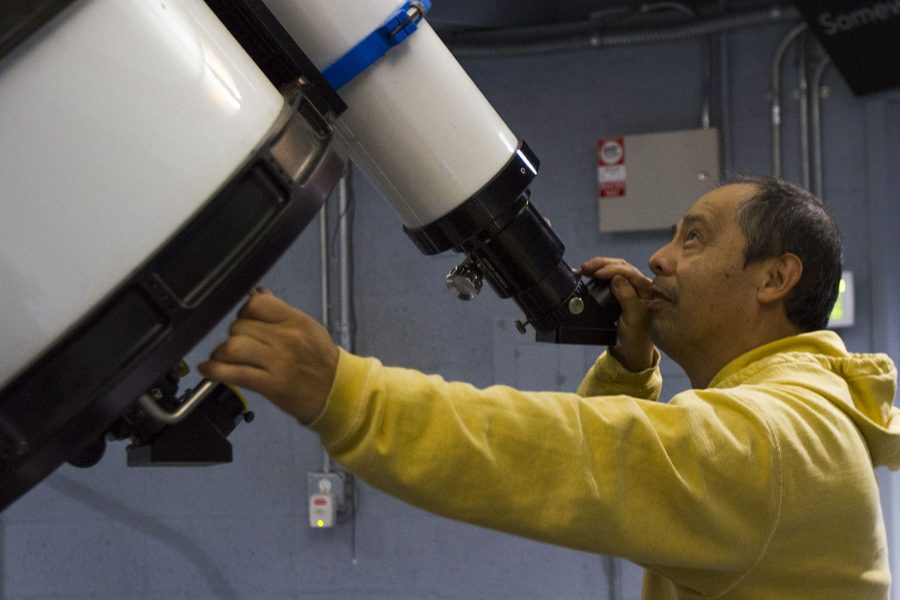When Joel Angeles needed money to create is “Smart Finger Puppet,” he went to an online networking site to raise the money.
So did Alex Corella, who is trying to start a herb and vegetable garden on West Campus for the campus restaurants to use. He also used so-called “crowd-funding.” With luck, permaculture students will grow organic produce as part of their sustainability efforts.
Ricardo Hanyes did the same when he was raising money for his startup; a company that helps students move their furniture.
These three City College innovators are part of the wave catching on to a new way of networking their products, ideas and businesses. Using the Internet, students can reach potential investors and customers not only in Santa Barbara community but to anyone surfing the web.
“We encourage our students to check out crowd-funding,” said Melissa Moreno, director of Scheinfeld Center for Entrepreneurship and Innovation.
According to Fortune reports, crowd-funding expanded from $530 million in 2009 to approximately $2.7 billion last year. Fortune estimated that 600 platforms are currently operating.
Two of the most popular crowd-funding platforms that City College students are using are Kickstarter and Indiegogo.
These new digital marketing techniques are a popular tool for people to raise money to reach a business goal. It allows investors to put their money in causes about which they are passionate.
Students are picking up on the trend and use the marketing expansion to their advantage. They attract investments by receiving small contributions. They also can sell small amounts of equity to interested investors.
The websites allow creators to raise money by developing personalized campaigns and expose them to a global audience.
“Indiegogo is an awesome tool for small businesses,” Haynes said. “It lets the small guys get their name out there.”
To create an individual page and campaign is a simple online process.
Most crowd-funding websites are free to join, although individual fees will vary with the amount of money raised.
Angeles, creator of Smart Finger Puppet, is one student who used online networking to promote and directly sell his product. The business sells interactive finger gloves that can be used with all touchscreen devices. The finger puppets help keep the device clean and germ-free.
The Smart Finger puppet business utilized all outlets when creating an Indiegogo page and campaign. He depended on the site’s ability to be very interactive.
Angeles created an extensive page that presented a detailed mission statement, all of his developed products, as well as a series of rewards for the people willing to donate.
He included multiple pictures of himself, team members and sponsors. He also included demonstrative videos, explaining the puppet’s history, timeline and development.
While the platform provides the web space and general ideas, it’s ultimately up to the creator to individually display products and goals.
“All the tools are there. Get perks, make a contribution, or simply follow updates,” Angeles said.
He hopes the puppets promote a fun learning experience, helping young students build social skills, stimulate their imagination and accelerate language development.
Entrepreneurial students like Haynes and Angeles are members of City College Enterprise Launch program.
Moreno, who oversees the program, said that once students matriculate from the Enterprise Launch program to the services of the Small Business Development Center, consultants look to help them secure funding.
The type of funding depends on individual companies and if they’re appropriate for a crowd-funding platform.
The success of these platforms depends on engagement.
City College students are allowing this engagement to play a roll in the success of their ideas, goals and business ventures, Moreno said.














